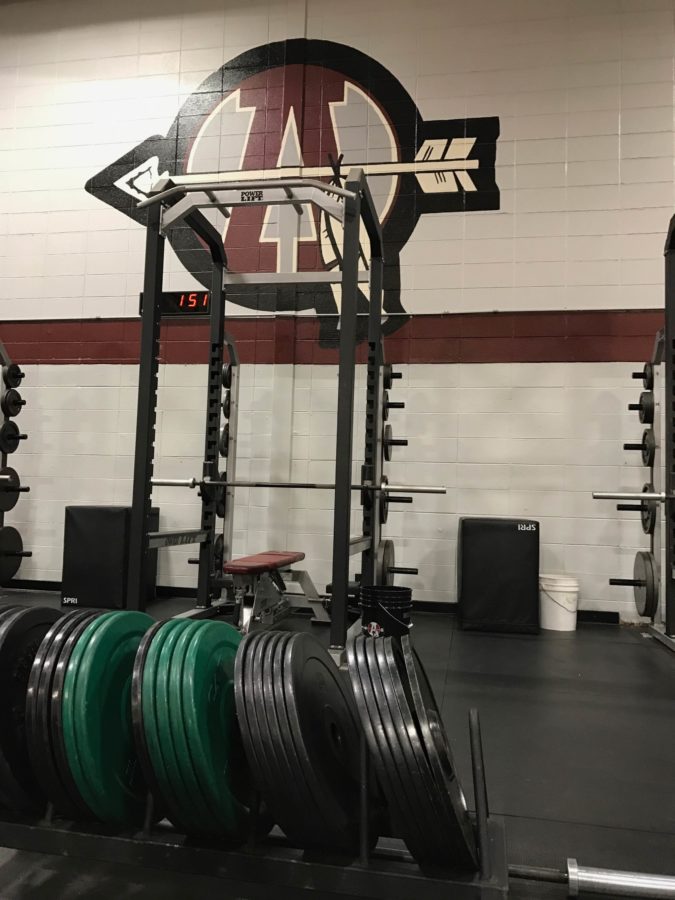When is Training Too Much Training?
When does training for a sport become more hurtful than beneficial?
It is not a secret to any athlete that in order to increase your strength and performance you have to train hard. Most athletes work and train for long periods of time, and eventually become what many athletes and coaches call “burnt out.” Every athlete needs balance to let their body recover; too much training or too little of recovery can result in both physical and psychological symptoms.
One of the main symptoms in over training is prolonged muscle soreness. After tough practices or intense training, your body needs a chance to recover and if there is constant soreness or muscle pains, it doesn’t give the body an opportunity to recover. If you have muscle soreness for three days or more, it is a sign that you are overdoing it.
Another symptom in over training is a lack of energy. Those who workout too much, can start to push themselves too hard and begin to have a lack of energy. Working out eventually gets to a point where it is an obstacle and you are unmotivated to continue and do it. Working out boosts endorphins, but over-training has been linked to a decrease in energy and mood, so you need to give the body a chance to relax and restore.
“The longer you train, the more rest and recovery your body needs,” Tammy Lakatos Shames, CFT, RDN, CDN, coauthor of The Nutrition Twins Veggie Cure said. “If you don’t provide your body with adequate rest and nutrition, muscles and cells are continuously breaking down, eventually leading to exhaustion.”
Preventing overtraining is very important. It can be difficult to predict overtraining because every athlete responds differently. There are many key tips in preventing it including getting enough rest.
Getting the necessary amount of rest is one of the key factors. You should get at least eight hours of sleep at night, also you should take two days off from the gym. Results and your performance begin to decrease without rest; set a limit in your fitness goals.
Another prevention is to allow your muscles to recover properly. Replenishing your body with fluids is important, carbohydrate intake is essential for preventing overtraining, they are required for muscle recovery and energy.
Over-training is very common in many athletes. Athletes should always keep in mind that rest is required in order maintain performance level and health.


